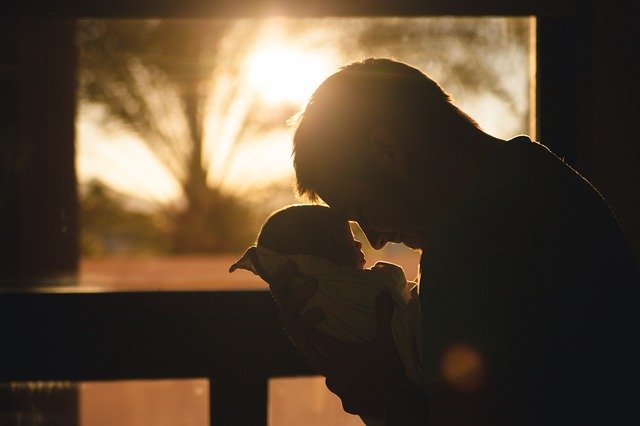An abnormal genetic mutation associated inherited disease condition is termed a genetic disease.
Genetic disorders are several different types based on the risk associated with the inheriting transmission of the disease through the next generation and complications of pregnancy.
Mitochondrial disease occurs due to mtDNA mutation or nuclear DNA becoming mutated which is involved in mitochondrial function.
There are two types of mtDNA mutation- homoplasmic and heteroplasmic.
All copies of mtDNA are mutated in case of homoplasmic mtDNA gene mutation, whereas, heteroplasmic mtDNA has a mixture of mutated and wild-type DNA.
The transmission of genetic disease through mtDNA has a complex mechanism and yet now not fully understood.
A whole oocyte donation is an option for women having high levels of heteroplasmic mtDNA mutations to ensure an unaffected child is born. But, this may not be well accepted as no genetic link is present between the mother and the child. Three parents reproductive treatment option is established to prevent genetic disease transmission. The ‘three-parent reproductive option’ is an alternative approach to prevent genetic disease transmission, as it offers mitochondrial genome substitution between gametes or embryos.
Transmission of mtDNA can be possible through cytoplasmic transfer. The first cytoplasmic transfer-related pregnancy was reported in 1997. A little amount of ooplasm is transferred from one oocyte to another in the cytoplasmic transfer technique. In this process, mutated mtDNA does not remove, unable to prevent mitochondrial disease transmission. But adding donor mitochondria can create a heteroplasmic oocyte with both mitochondrial haplotypes. But in this process, the amount of healthy mtDNA transmission is very less.
Pronuclear transfer and spindle transfer are two recent reproductive treatment developments, which is more promising to treat the genetic disorder. In these techniques, the mtDNA of the offspring is exclusively derived from a healthy donor’s oocyte, while they inherit nuclear genetic material obtained from both the parents. These techniques bring out the concept of ‘ Three parents reproductive option’. This option not only prevents mitochondrial disease in the resulting child but also in subsequent generations.
In pronuclear transfer, both pronuclei remove from a fertilized ovum containing mtDNA mutations. Then reconstruct by transferring them to the perivitelline space of a donated fertilized enucleated (cell without a nucleus) ovum. The reconstructed ovum contains the nuclear DNA material collected from the mother’s oocyte and cytoplasm and mtDNA from the donor’s oocyte. The animal model showed successful normal offspring birth by opting for this method. But recent researchers reported abnormal fertilization results by opting pronuclear transfer technique. They found incomplete (8.3% development) in the blastocysts stage because of lack of mtDNA carryover rate. Therefore, this method is not practically applicable.
But finally, clinical researchers got success with spindle transfer. This is an alternative approach to reproductive treatment development. The spindle with attached chromosomal material is collected from the donated unfertilized oocytes in the spindle transfer technique. The transfer to the maternal oocyte has no own nuclear material through the micromanipulation process. Then in-vitro fertilization is conducted with reconstituted oocyte and sperm tissue collected from the father semen and allows for embryo development. The efficiency of this technique was first tested in a non-human primate model and obtained a successful result by delivering healthy offspring.

Ravi Sharma is a self-motivated, successful entrepreneur and has a solid experience in the fertility segment. and he is the director at ARTbaby Global (ARThealthcare). He is a pharmacy graduate with post-graduation in business administration and has 14 years of rich experience in the field of infertility segment. He loves to write about IVF, Surrogacy, and other ART (assisted reproductive technology) news, issues, and updates. He is a Pharmacy graduate (B. Pharm) and M.B.A (marketing).
His most recent success includes the successful launch of the medical tourism company, ARTbaby, which offers treatment options for infertility, egg donation, and surrogacy. He likes spending time with his family and writing about various aspects of IVF surrogacy and donating eggs.

